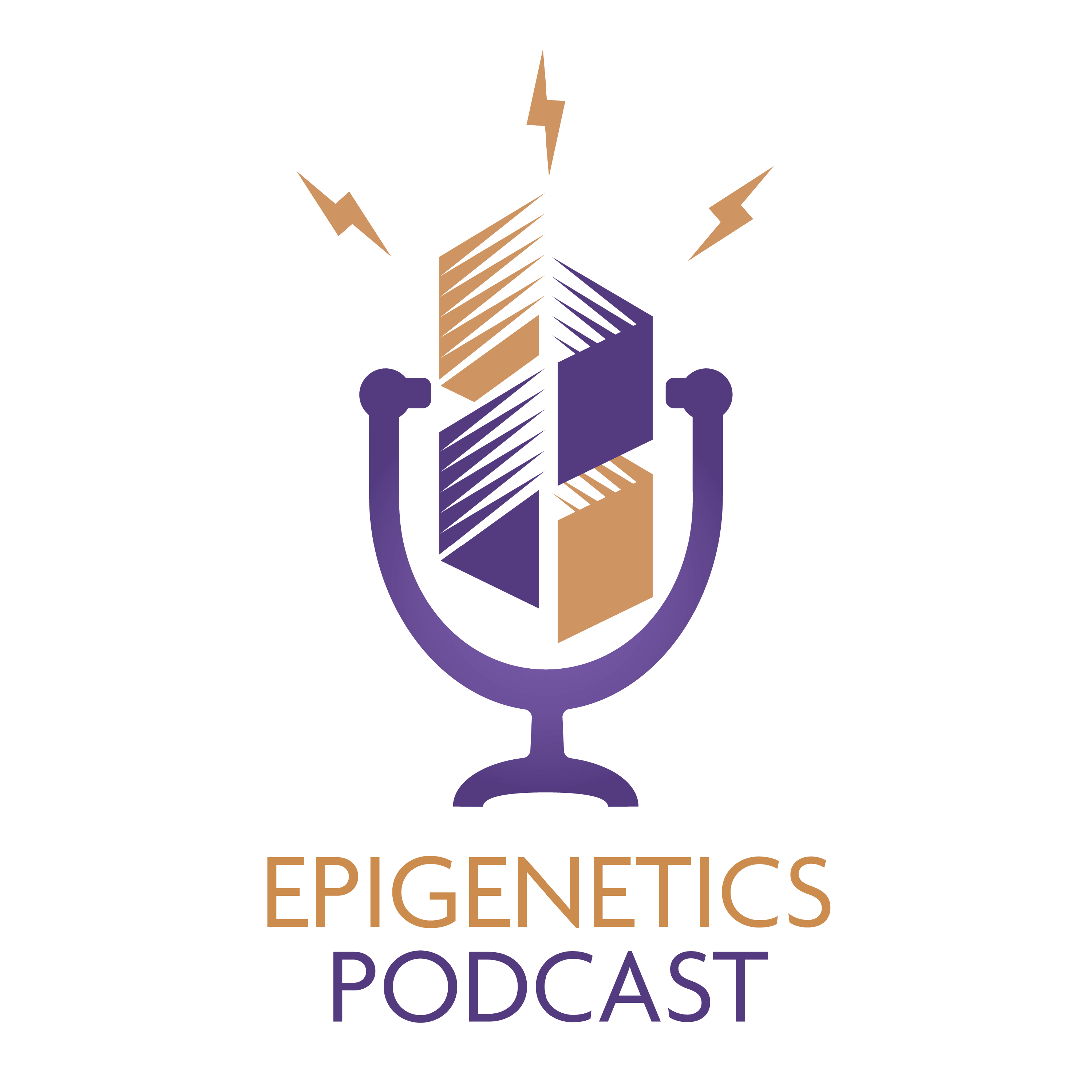- Other
- SEE MORE
- classical
- general
- talk
- News
- Family
- Bürgerfunk
- pop
- Islam
- soul
- jazz
- Comedy
- humor
- wissenschaft
- opera
- baroque
- gesellschaft
- theater
- Local
- alternative
- electro
- rock
- rap
- lifestyle
- Music
- como
- RNE
- ballads
- greek
- Buddhism
- deportes
- christian
- Technology
- piano
- djs
- Dance
- dutch
- flamenco
- social
- hope
- christian rock
- academia
- afrique
- Business
- musique
- ελληνική-μουσική
- religion
- World radio
- Zarzuela
- travel
- World
- NFL
- media
- Art
- public
- Sports
- Gospel
- st.
- baptist
- Leisure
- Kids & Family
- musical
- club
- Culture
- Health & Fitness
- True Crime
- Fiction
- children
- Society & Culture
- TV & Film
- gold
- kunst
- música
- gay
- Natural
- a
- francais
- bach
- economics
- kultur
- evangelical
- tech
- Opinion
- Government
- gaming
- College
- technik
- History
- Jesus
- Health
- movies
- radio
- services
- Church
- podcast
- Education
- international
- Transportation
- kids
- podcasts
- philadelphia
- Noticias
- love
- sport
- Salud
- film
- and
- 4chan
- Disco
- Stories
- fashion
- Arts
- interviews
- hardstyle
- entertainment
- humour
- medieval
- literature
- alma
- Cultura
- video
- TV
- Science
- en
Contribution of the Estrogen Receptor to Breast Cancer Progression (Jason Carroll)

In this episode of the Epigenetics Podcast, we talked with Jason Carroll from the Cambridge Research Institute about his work on contribution of estrogen receptor to breast cancer progression.\nThe Podcast centers around the crucial role of the forkhead protein FOXA1 in breast cancer. FOXA1 acts as a pioneer transcription factor, facilitating gene regulation by recruiting nuclear receptors to chromatin, profoundly influencing gene expression in various breast cancer subtypes. The FOXA1-positive subtype of triple-negative breast cancer, despite being estrogen receptor-negative, shares gene expression profiles with estrogen receptor-positive breast cancer, shedding light on the importance of targeting the androgen receptor for treatment.\nThe challenges of studying transcription factor mappings from clinical samples are explored, with a focus on the ChIP-seq method's success in mapping estrogen receptor binding sites. Various techniques for transcription factor mapping, including CUT&RUN, CUT&Tag, and ChIP-exo, are discussed, as well as the potential of mass spec techniques like the RIME method in analyzing protein interactions. An intriguing experiment involving the purification of multiple proteins to identify interactions is highlighted.\n\xa0\nReferences\n\nCarroll, J. S., Meyer, C. A., Song, J., Li, W., Geistlinger, T. R., Eeckhoute, J., Brodsky, A. S., Keeton, E. K., Fertuck, K. C., Hall, G. F., Wang, Q., Bekiranov, S., Sementchenko, V., Fox, E. A., Silver, P. A., Gingeras, T. R., Liu, X. S., & Brown, M. (2006). Genome-wide analysis of estrogen receptor binding sites. Nature genetics, 38(11), 1289\u20131297. https://doi.org/10.1038/ng1901\n\n\nHurtado, A., Holmes, K. A., Geistlinger, T. R., Hutcheson, I. R., Nicholson, R. I., Brown, M., Jiang, J., Howat, W. J., Ali, S., & Carroll, J. S. (2008). Regulation of ERBB2 by oestrogen receptor-PAX2 determines response to tamoxifen. Nature, 456(7222), 663\u2013666. https://doi.org/10.1038/nature07483\n\n\nRoss-Innes, C. S., Stark, R., Teschendorff, A. E., Holmes, K. A., Ali, H. R., Dunning, M. J., Brown, G. D., Gojis, O., Ellis, I. O., Green, A. R., Ali, S., Chin, S. F., Palmieri, C., Caldas, C., & Carroll, J. S. (2012). Differential oestrogen receptor binding is associated with clinical outcome in breast cancer. Nature, 481(7381), 389\u2013393. https://doi.org/10.1038/nature10730\n\n\nMohammed, H., Russell, I. A., Stark, R., Rueda, O. M., Hickey, T. E., Tarulli, G. A., Serandour, A. A., Birrell, S. N., Bruna, A., Saadi, A., Menon, S., Hadfield, J., Pugh, M., Raj, G. V., Brown, G. D., D'Santos, C., Robinson, J. L., Silva, G., Launchbury, R., Perou, C. M., \u2026 Carroll, J. S. (2015). Progesterone receptor modulates ER\u03b1 action in breast cancer. Nature, 523(7560), 313\u2013317. https://doi.org/10.1038/nature14583\n\xa0\n\nRelated Episodes\n\nPioneer Transcription Factors and Their Influence on Chromatin Structure (Ken Zaret)\n\n\nThe Role of Pioneer Factors Zelda and Grainyhead at the Maternal-to-Zygotic Transition (Melissa Harrison)\n\n\xa0\nContact\n\n\nEpigenetics Podcast on Twitter\n\n\nEpigenetics Podcast on Instagram\n\n\nEpigenetics Podcast on Mastodon\n\n\nEpigenetics Podcast on Bluesky\n\n\nActive Motif on Twitter\n\n\nActive Motif on LinkedIn\n\n\nEmail: podcast@activemotif.com